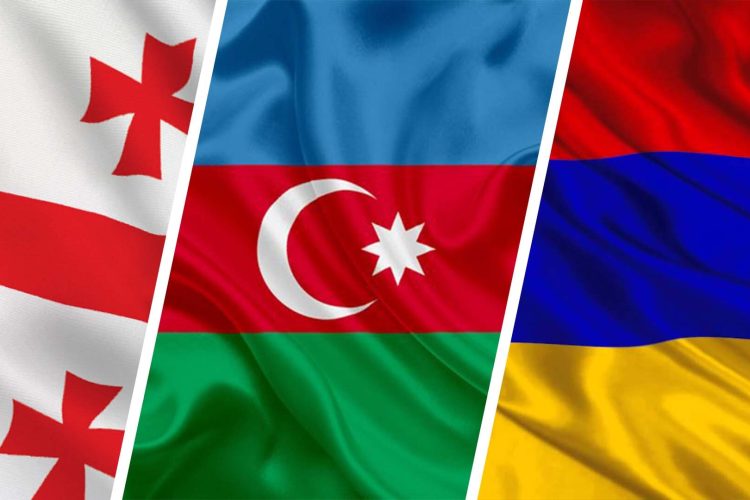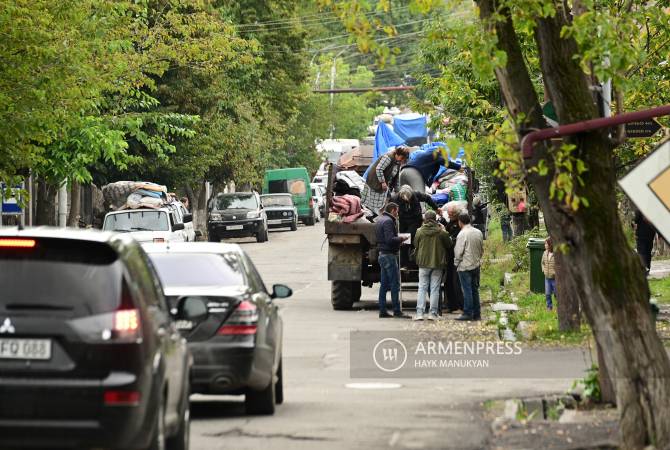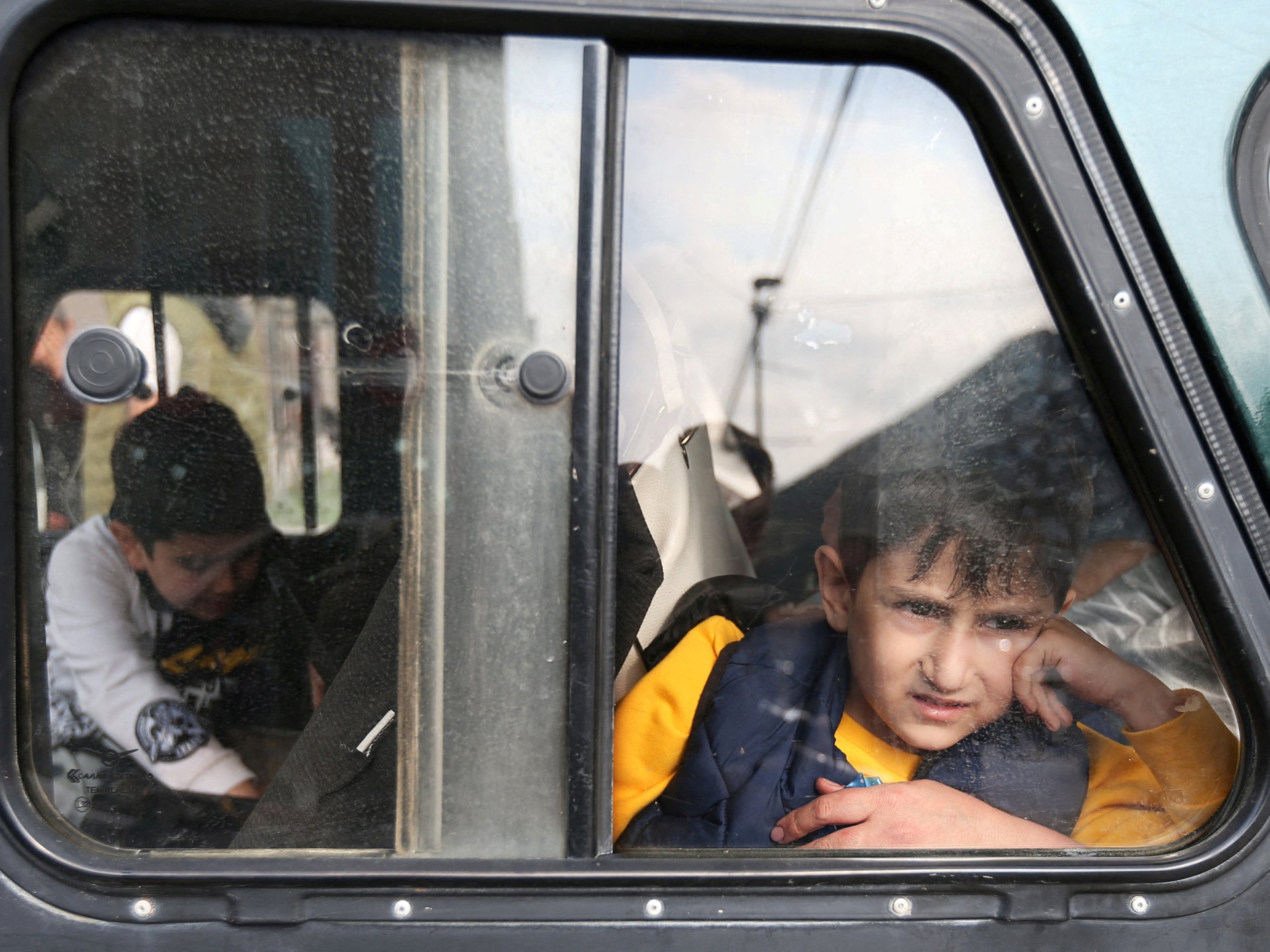Donate to Palmer Report.
It is usually the custom, when thinking about monsters, to go back in one’s head to those familiar psychopaths that we have seen on screen. Freddy Krueger, Jason, Hannibal Lecter. Likewise, in real-life true crime, it is very common to think about human monsters as strangers lurking in foggy alleyways waiting to jump out at someone and scare them silly.
This is a wrong assumption. For example, in real-life murders, the statistics say that over 70% of female murders are committed by someone the victim knew, NOT a stranger. You see, the monsters are usually much closer to people than one might think.
Many Republican voters believe in fictitious monsters, and that is why they vote as they do. They fear the mysterious figures standing in the shadows, waiting to snatch their guns from them.
They fear that notion so much they often vote against their own best interests. The GOP has trained these voters well in the politics of fear. But, as we know, friends and readers, the real monsters hover much closer to our periphery. Real monsters want to destroy, to ruin. Real monsters hate the US Constitution. Real monsters are Donald Trump and his motley partners in crime.
Donald Trump is the ultimate in monsters, and he always has been. If Victor Frankenstein had set out to build the modern-day monster, he’d have hit the jackpot with Trump. And like the crazed monster that he is, Donald Trump cannot stop saying monstrous things.
An example would be Sunday night when the monster of all monsters threatened Comcast, MSNBC, and NBC, saying if he were to be elected again, he’d have them investigated for
“Should be investigated for its country threatening treason.” Now, dear readers, you know as well as I that Trump throws words around like “treason” as if these words were cotton candy. Everyone who dislikes him is a traitor.
Still, there is something particularly sick about this threat, yes? This is a man who has no control over the monster inside him, no control over the snake that often uncurls itself in the dead of night.
This monster of all human monsters would be perfectly happy to see ANYONE who questions, anyone with independent thought processes, and anyone who speaks freely, tried for treason.
This is because, for the monster, words do not hold the same meaning as they do for most. For Donald Trump, treason means anyone who goes after him, who seeks to expunge the monster, who desires equal justice under the law, and who is honest and fair. That is what makes human monsters so very repellent.
Nobody should be scared of this monster because he’s going to the place that is deeply skilled in monster captivity, the people who keep the immoral monsters behind dank doors, keeping them from doing unspeakable things to America and to us.
Everything Trump says is morally reprehensible. And if this coldest of men, this most wicked of mortals, really wants to know the meaning of the word “Treason,” all he has to do is look in the mirror.
The post The monster within appeared first on Palmer Report.
The post The monster within first appeared on The News And Times – thenewsandtimes.com.





